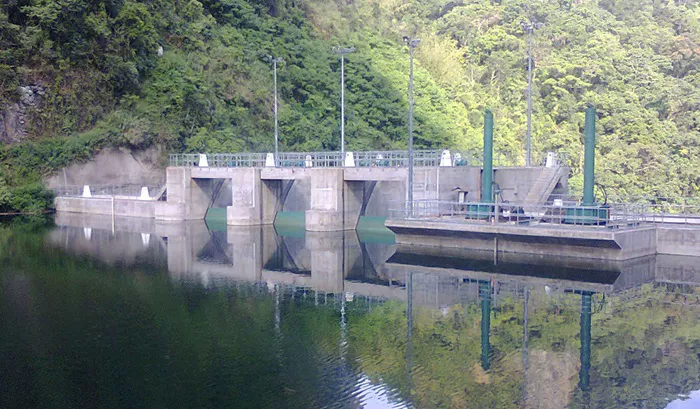Energy Fiji Ltd (EFL) spent a record-breaking $193 million on fuel for its diesel-powered generators in 2023, marking the highest expenditure in the company’s history, according to CEO Hasmukh Patel in the annual report presented to Parliament last week.
Patel highlighted that due to insufficient diesel power generation capacity to meet the rising electricity demand, EFL hired and deployed 65 megawatts of containerized diesel generating sets around Viti Levu from June 2023 until the year’s end, incurring a cost of approximately $21 million.
“This significant expense contributed to an unprecedented fuel cost of $193 million for 2023, the highest in EFL’s history,” Patel stated. “This had a detrimental effect on EFL’s financial performance for the year, with the company recording monthly financial losses from May to December 2023.”
To mitigate these financial strains, EFL’s management reviewed its overall operations, deferring most of its Capital Expenditure program planned for 2023 and implementing cost-cutting measures across the business to ensure the company’s sustainability.
In an effort to conserve water at the Monasavu Dam, EFL reduced the generation output from the Wailoa Power Station to around 25 percent of the total Viti Levu demand from mid-April 2023, ensuring that water at the catchment could last until the end of the year, even with below-average rainfall.
“Due to this strategy, EFL continued to rely heavily on expensive thermal fuel, leading to monthly financial losses from May to December 2023,” Patel explained. “However, this was a calculated decision to avoid the worst-case scenario of shutting down the Monasavu Hydro Scheme if dam levels fell below safe operating levels.”
Despite these challenges, EFL maintained its critical function of delivering safe and reliable electricity without major disruptions to its customers.
The primary factors driving the increased electricity demand included high humidity experienced in the first five months of the year, record visitor arrivals, growth in key sectors, and the construction of rural electrification schemes funded by the Government.
Furthermore, the surge in electricity demand escalated the fuel costs due to increased fuel usage required to meet the demand using expensive diesel.
These financial pressures highlight the need for EFL to explore alternative energy sources and more sustainable power generation solutions to ensure long-term stability and resilience.
Related topics:
- How Far Should A Portable Generator Be From Home?
- How To Build Solar Generator Yourself: A Step-By-Step Guide
- 3 Most Popular Generator In 2024

